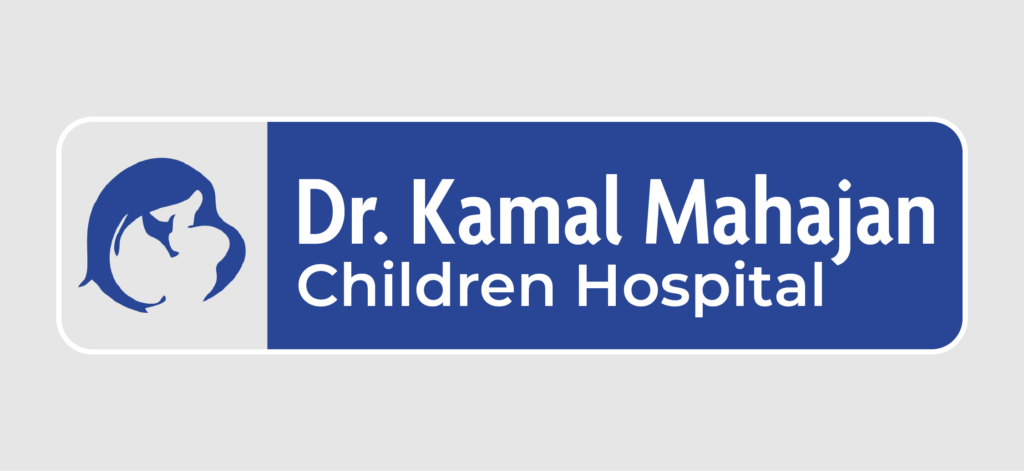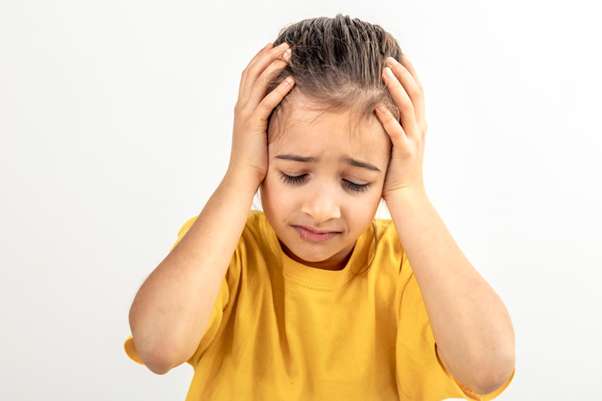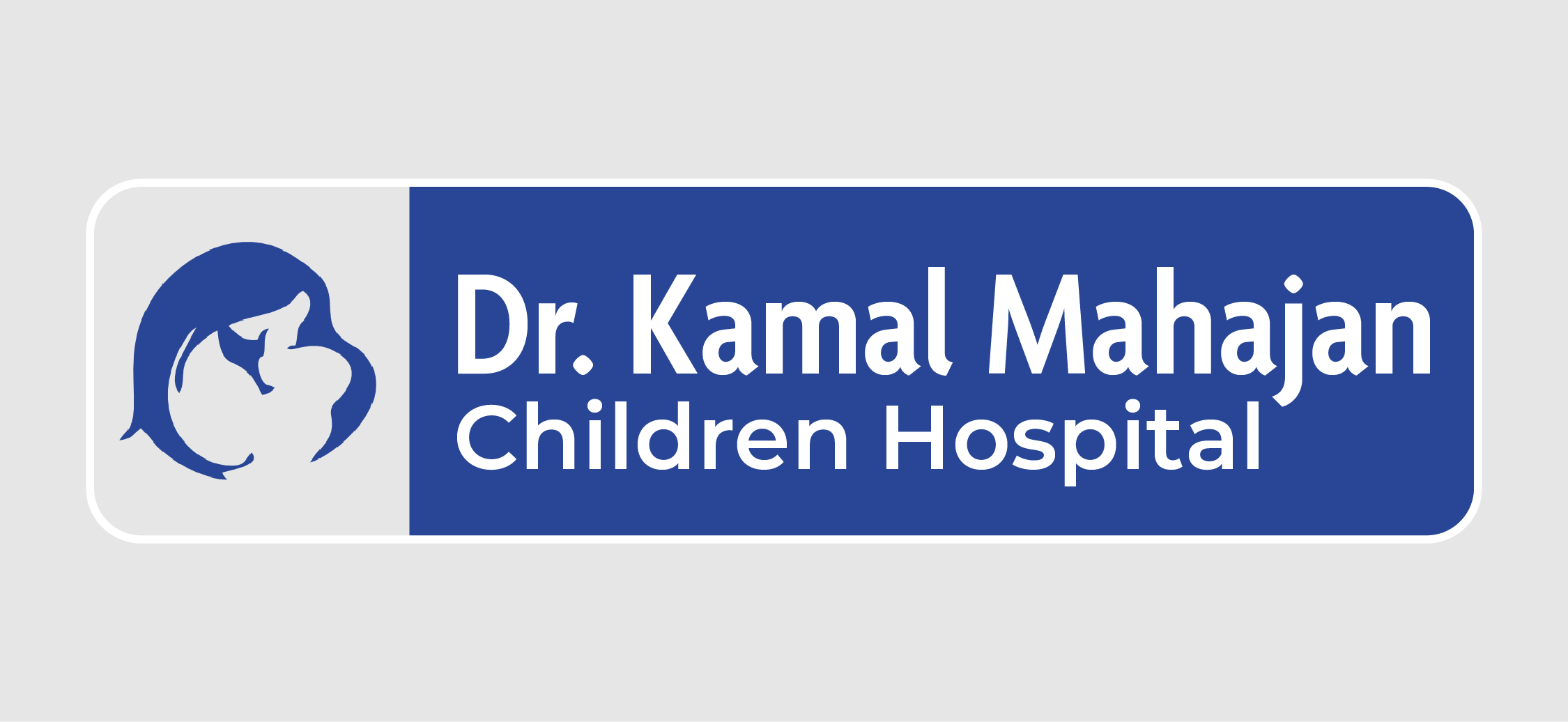Headaches are a frequent concern for children, varying in intensity and frequency. While often temporary, persistent headaches can disrupt daily activities. This blog offers a comprehensive overview, covering causes, symptoms, management, and when to seek medical help.
Types of Headaches in Children:
- Tension Headaches: Dull, steady ache affecting both sides of the head.
- Migraine Headaches: Intense, throbbing pain with nausea, vomiting, sensitivity to light and sound.
- Cluster Headaches: Severe, recurring pain around one eye (rare in children).
- Secondary Headaches: Caused by conditions like infection, head injury, or sinus problems.
Causes:
- Genetics: Family history of migraines or tension headaches.
- Environment: Stress, lack of sleep, changes in routine.
- Diet: Skipping meals, consuming caffeine, chocolate, or processed meats.
- Physical Factors: Poor posture, screen use strain, dehydration.
- Underlying Conditions: Sinusitis, head injury, vision issues, infections like flu.
Symptoms:
- Tension Headache Symptoms: Mild to moderate pain, forehead or back-of-head pressure.
- Migraine Symptoms: Severe pain, nausea, vomiting, light and sound sensitivity, possible aura.
- Cluster Headache Symptoms: Intense, stabbing pain around one eye, occurring in clusters.
- Secondary Headache Symptoms: Varies based on underlying conditions, like fever with infections.
Management and Treatment:
Approaches depend on type and severity:
- Home Remedies: Rest in a quiet, dark room, hydration, balanced diet, stress management.
- Medications: Over-the-counter pain relievers for mild headaches; prescriptions for migraines.
- Behavioural Therapy: Cognitive-behavioural techniques, relaxation to manage stress and reduce frequency.
- Identifying Triggers: Maintain a headache diary to track food, stress, or environmental triggers.
- Professional Care: Consult a pediatrician for frequent, severe headaches; consider further evaluation or specialist referral.
When to Seek Medical Attention Parents should seek medical help if:
- Headaches are severe or persistent, with fever, vision changes, weakness, or difficulty walking.
- Headaches follow head injury, accompanied by vomiting, confusion, or loss of consciousness.
- Sudden headaches occur, especially in children under 5.
- Headaches worsen over time without clear cause or pattern.
Headaches in children, caused by stress, dehydration, or medical conditions, require understanding and management. Recognizing types, symptoms, and triggers helps parents effectively alleviate discomfort. Encouraging healthy habits, seeking timely medical advice, and providing support are crucial for children's well-being. Always consult healthcare professionals for personalized guidance and treatment options tailored to your child's needs.




